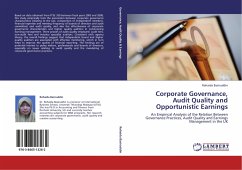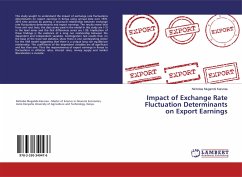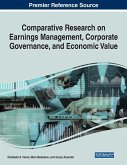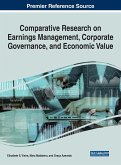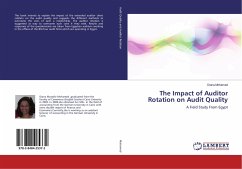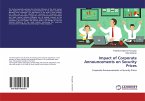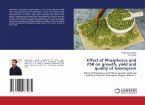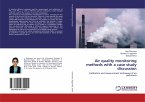Based on data obtained from FTSE 350 between fiscal years 2005 and 2008, this study empirically tests the association between corporate governance characteristics (relating to the size, composition of independent members, financial expertise and meeting frequency of boards of directors and audit committee) and audit quality, and also the effectiveness of corporate governance characteristics and higher quality auditors in constraining earnings management. Three proxies of audit quality employed: audit fees, non-audit fees and industry specialist auditors. Consistent with agency theory, the overall findings suggest that independent board and higher quality auditors are associated with effective monitoring, which in turn helps to improve the quality of financial reporting. The findings are of potential interest to policy makers, professionals and boards of directors, especially on issues relating to audit quality and the mandating of corporate governance practices.

